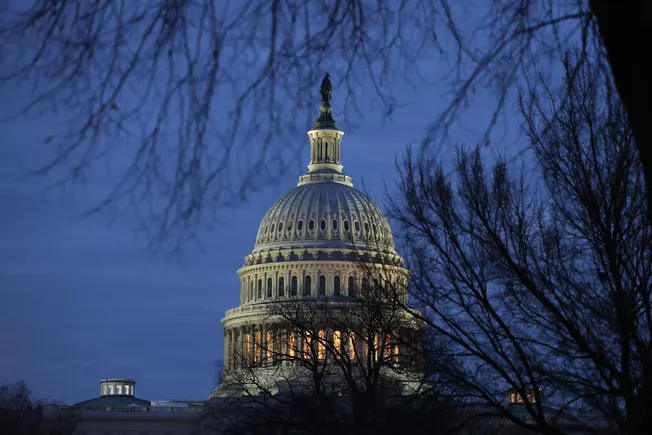Essential Insights
-
CISA Reauthorization: Congress is advancing plans to reauthorize the 2015 Cybersecurity Information Sharing Act (CISA), set to expire on September 30, due to its critical role in facilitating cyber threat information sharing between companies and federal agencies.
-
Industry Feedback: Tech industry representatives praise the law but recommend updates to enhance its effectiveness, particularly in adapting to new threats posed by AI and expanding liability protections to promote rapid information sharing.
-
Privacy Concerns vs. Support: While critics raise privacy issues related to CISA’s reauthorization, witnesses from the tech sector assert that privacy protections have been effective over the law’s decade-long implementation, reflecting widespread bipartisan support for its renewal.
- Funding and Oversight Issues: Democratic lawmakers emphasize the need to restore cuts to the Cybersecurity and Infrastructure Security Agency (CISA) and strengthen its information-sharing framework, urging investment instead of reductions in cybersecurity efforts to combat growing threats.
Support for Cyber Threat Information Sharing
Congress is on the verge of reauthorizing the Cybersecurity Information Sharing Act (CISA) of 2015. During a recent hearing, industry leaders emphasized the law’s significance in improving communication about cyber threats. They noted that it encourages companies to share vital information with one another and government agencies. This collaboration builds a robust defense against cybercriminals, especially advanced threats posed by nation-states. However, witnesses also pointed out the law’s limitations. They called for updates to ensure it adequately addresses current challenges like artificial intelligence threats and vulnerabilities in new technologies.
Moreover, the hearing underscored the necessity of maintaining liability protections. Without these safeguards, companies may hesitate to share information, fearing legal repercussions. As threats evolve rapidly, quick and secure sharing of information becomes imperative. In light of these insights, lawmakers face critical decisions regarding updating the law to enhance its effectiveness. Broad support exists for this extension, reflecting a collective understanding that a lapse in CISA’s authority would only benefit cybercriminals.
Balancing Security and Privacy Concerns
Simultaneously, privacy concerns linger regarding CISA’s implementation. Critics have linked these worries to recent data collection practices, emphasizing the need for safeguards. While some raise red flags, industry representatives argue that these fears have not manifested significantly since the law’s inception. They point to the existing protections as evidence that privacy and civil liberties remain intact.
As Congress moves forward, it is crucial to address these differing perspectives. Stakeholders must find a balance that ensures national security while respecting individual privacy rights. With bipartisan support and a clear consensus, the path to reauthorizing CISA seems promising. Engaging in thoughtful dialogue will help tailor a framework that strengthens cybersecurity efforts without compromising personal freedoms. Ensuring this balance will undoubtedly contribute to a safer digital landscape for all.
Expand Your Tech Knowledge
Dive deeper into the world of Cryptocurrency and its impact on global finance.
Explore past and present digital transformations on the Internet Archive.
Cybersecurity-V1

